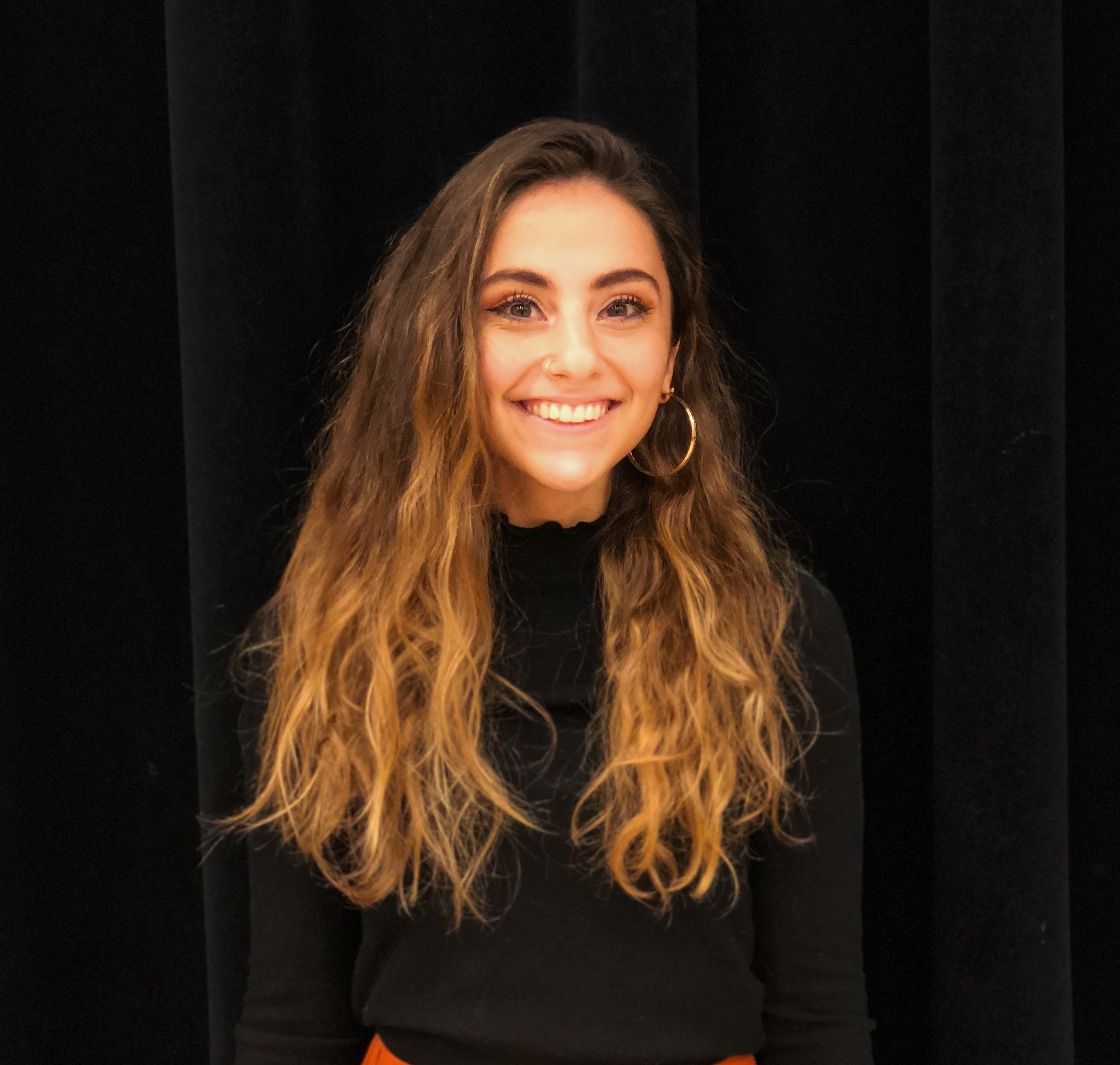
The recent protests against racial injustice in America have sparked a movement across the globe, calling for change in all areas of life—including the cheese industry. Leading part of that movement is longtime monger and Certified Cheese Professional Whitney Roberts, who recently launched the Cheese Culture Coalition: an initiative that seeks to expand educational opportunities and level the playing field for BIPOC in the industry. We reached out to her to discuss her experience as a Black woman in cheese, what made her launch the nonprofit, and how she hopes to influence a future generation.
culture: What’s your background in the cheese industry? How did your relationship with cheese start?
Whitney Roberts: I started as a cheesemonger at Whole Foods Market, and was able to get my CCP through a program the company provided. After I got my CCP, I began working as a cheesemaker at Pure Luck Dairy in central Texas while also teaching classes at Antonelli’s Cheese Shop in Austin. At the beginning of this summer, I created the Cheese Culture Coalition, and I am currently serving as the nonprofit’s executive director.
Alongside starting this nonprofit, I’m also learning about my father’s side of the family that goes back generations as Virginia farmers. The journey started about a month ago, when I got a DNA test back and learned that my father’s side of the family were farmers, making them among the 1.3 percent of farmers who are Black in the U.S. One of their farms was the land that our ancestors were enslaved on, given to them when they were freed.
I think cheesemaking and farming go hand in hand: You have to be able to own land to do both, and if obstacles are presented through discriminatory lending practices, then it can be difficult to own land or build on land you already own. Fewer BIPOC landowners equals fewer BIPOC cheesemakers.
How has the lack of diversity in the industry impacted your personal experience?
WR: It has caused me to be the only BIPOC individual in a room of my peers 99 percent of the time. I, like most BIPOC, have experienced microaggressions in the workplace and in my everyday life. As a cheesemonger, I never saw another BIPOC on my team, and very few at the ACS conference when I took my CCP exam. As a Black woman this is especially the case.
What inspired you to launch this initiative and how did you get started?
WR: We began in May of this year, starting by reaching out to connections in the cheese industry for advice and whatever support they were willing to give. I did as much research as I possibly could and slowly learned how to run a nonprofit. I’ve learned something new every day since the Cheese Culture Coalition was created, and I’ve been inspired by my board and other BIPOC individuals in the industry.
I think the state of the world right now, the pandemic, the continuance of racial injustices, has inspired me to act on something that I felt always needed to be addressed. The timing is right and I feel we are in an era of change. People are actually listening and want to make a difference.
What are some of the hurdles you’re facing as you attempt to expand education opportunities for BIPOC?
WR: First and foremost, figuring out how to begin was a challenge—but we made it! The world is also in the middle of a pandemic, so plans for our Cheese Education Grant—given to BIPOC individuals who have an interest in beginning, expanding, or advancing their careers in the cheese industry, had to be put on hold. Classes had to become virtual within our Cheese Education Program—which brings comprehensive cheese education directly to BIPOC students—and we had to figure out how to supply cheese to those students in the time of COVID. We also face the struggles of most nonprofits: getting the word out, finding people that are willing to donate time, and of course, funding. The cheese community is really coming out to help us, which is awesome.
What is your ultimate goal for the Cheese Culture Coalition?
WR: My ultimate goal is to make cheese knowledge accessible to the BIPOC community through education. I think that teaching school-aged BIPOC about cheese will spark something at a young age that most wouldn’t learn about otherwise. I also think that giving BIPOC individuals funds to further their education, and advance their careers in cheese, will open doors for them. I want to destroy the stigma that it’s an unattainable goal for a BIPOC individual to become a cheesemaker, or even just thrive in the industry. I want everyone to have seen a BIPOC behind their cheese counter—and if they haven’t, I want them to question that and take notice. I want to build a community of people, like myself, who have a passion for education, and I want to introduce cheese knowledge to anyone who wants to learn. I want cheese to be accessible to everyone, specifically young BIPOC. And I want to challenge the norms of our current industry, the norms that say that you have to be white to be successful as a cheese professional in this country.
How can folks who are interested help out in achieving your goals?
WR: Right now we need donations. We want to make sure the Cheese Culture Coalition is able to do the work we are setting out to do and reach as many people as possible. If you’re interested in helping out in other ways, we are always looking for volunteers who are willing to donate time, teach, or to help spread the word about Cheese Culture Coalition. The simple act of posting on social media or word of mouth goes such a long way. To donate or learn more, you can visit our website here, or follow our journey on social media @cheeseculturecoalition!
View this post on Instagram




